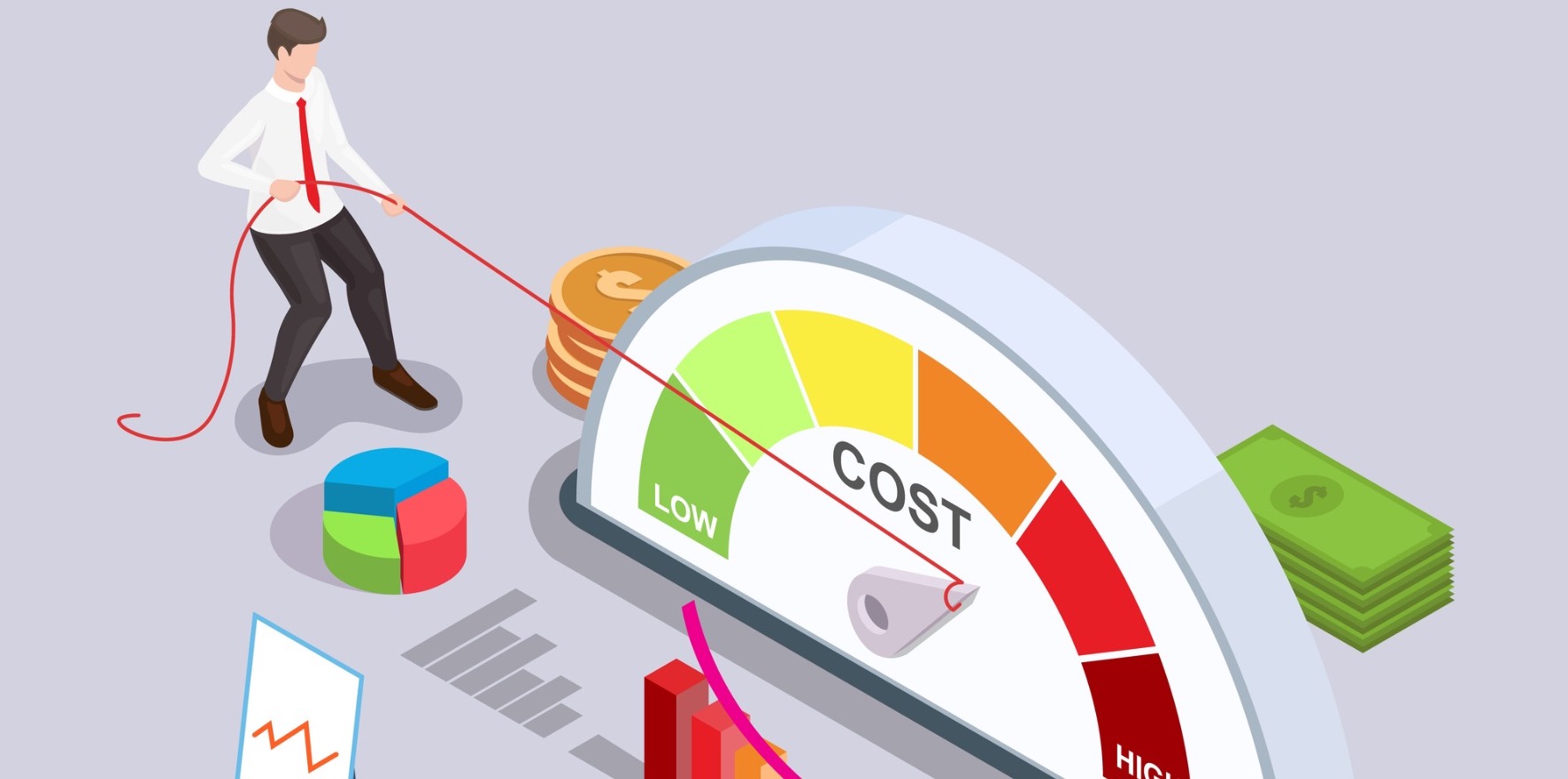Less than one in four practices is bulk billing all patients, with over 500 clinics nationally switching to private or mixed billing during 2023.
More than 500 practices across the country have stopped offering bulk billing for all patients, a decline of 11 percentage points since the beginning of last year, according to a new report.
“While the government’s tripling of bulk billing incentives has helped more GPs bulk bill specific groups, including children, pensioners, and healthcare card holders, more needs to be done to ensure care is affordable for the rest of the population,” said RACGP President Nicole Higgins in response to the report by Cleanbill.
The report, which was published earlier this month, built on findings first published last January from a survey of clinics in every state capital and across the NT, ACT and Tasmania.
An update was published in April with data on all open clinics, clinics accepting new patients, bulk-billing rates, average total and average out-of-pocket costs for item 23 consultations in every electorate – a total of 6363 clinics across the country.
The new report provides the “clearest picture yet of the state of general practice accessibility in Australia, but it also provides the first ever year-on-year consideration of accessibility of primary care in Australian history”, it says, demonstrating “catastrophic” trends in primary care in the 6818 clinics it surveyed nationwide.
Currently, only 24% of clinics that are taking on patients bulk bill everyone.
Of the remaining clinics who do not bulk bill all patients, the average out-of-pocket cost was $42, up 3.5% from the beginning of 2023.
According to the survey, Tasmania has the highest national out-of-pocket costs, an average of $51, and the lowest exclusive bulk-billing rate, less than 1%.
NSW had the highest bulk-billing rate of 37% and an average out-of-pocket cost of just over $42.
Related
According to the report, over 1.2 million Australians didn’t go to see a GP in 2022-23 because of concerns surrounding cost, double the previous year.
“This should not be happening,” says the report.
“If out-of-hospital primary healthcare is to be accessible for all Australians, a service that helps people find available doctors who they can afford around them is no longer a luxury; it’s a necessity.”
According to Dr Higgins, the report shows that there’s work to do to address the rising health care costs and inflationary pressures facing general practice.
“This situation is a direct result of the 10-year freeze on patient Medicare rebates,” she said.
“This ripped funding from general practice, so now even though more people access general practice than any other health service, it gets just 6.5% of the total government spend on healthcare.”
She added that in many states, the added financial pressures of payroll tax, from which GPs were previously assumed to be exempt, were forcing raised out-of-pocket costs for patients.
“So far Queensland is the only state which has issued a new revenue ruling stating patients’ fees paid directly to a GP won’t be subject to payroll tax, and we’re continuing to call for other states and territories to do the same,” she said.
“We’re also calling for no retrospective tax collection because this will force practices to close – at least 184 practices closed last year, we can’t afford to lose any more.”
As the most effective health service, costing only $40 for 20 minutes as opposed to over $600 for a hospital visit, “it’s absolutely vital that everyone can afford general practice care”, added Dr Higgins.
“It helps people live healthier lives and reduces pressure on our hospitals,” she said.
“The government knows action is needed and they’ve committed to rebuilding Medicare and general practice.”
Dr Higgins concluded that “while there’s no quick fix, we do need to keep up the momentum to secure the financial sustainability of general practice, enable bulk billing for those who need it, and ensure GP care is affordable for everyone”.





